I was a David Bowie fan from the moment I heard the first haunting chords of Space Oddity, courtesy of my parents’ record collection.
Those ghostly chimes hooked me in, and the seven-year-old me sat bolt upright when I heard the words. He was singing about space? You were allowed to sing about space?
From then until the day he died, Bowie wrote the soundtrack to my life (and he never worried too much about what was allowed when it came to music). He made choices no other musician would – killing off Ziggy Stardust at the height of his popularity, pivoting from hard rock to plastic soul, kicking off the New Romantic movement when everyone else in England was enmeshed in the mindless vulgarity of the punk scene.
Bowie never stood still or rested on his laurels, and watched a plethora of would-be successors come and go. Most acts that manage to last for decades – think U2 and AC/DC – find one successful sound and stick with it, releasing essentially the same album over and over again, and becoming little more than cover bands of themselves constantly touring their greatest hits.
Not Bowie. He searched constantly for his next project, vision or sound, scoring hits in every decade from the 1960s until his death in 2016 – and he suffered a few misses, too; that was kind of the point. Bowie was always willing to take the risk to achieve success, and always looking for his next. That’s why he was creative and doing quality work throughout his career, rather than riding former successes into the ground – and there is a lesson there for lawyers.
If the pandemic has taught us anything, it is that what worked last week may not work next week. A business model that went gangbusters in 2019 may well be non-viable now, and simply doing what you have always done probably means you are going backwards. Flexibility in business is essential these days, and it needs to be developed before things change; it is too late after.
Firms that seek to be successful need to be like Bowie, always looking for your next – not just your next client (although that is important) but the next service you can provide for clients, the next business platform you can use to expand your client base, the next method you can use to market yourself or build ties with your local community.
Steve Jobs looked at the interface in Xerox photocopiers and saw his next – iPods, iPhones and iPads; Xerox invented the technology but never wondered what else it could do.
Toowoomba outfit Wagners has developed Earth Friendly Concrete, which doesn’t use cement as a binding agent and has the potential to reduce the world’s greenhouse gas emissions by 8%. Wagners already had a very successful business model, but they didn’t rest on it – and as a result, they stand to make a fortune and possibly save the world into the bargain; not a bad next.
So, what’s your next?



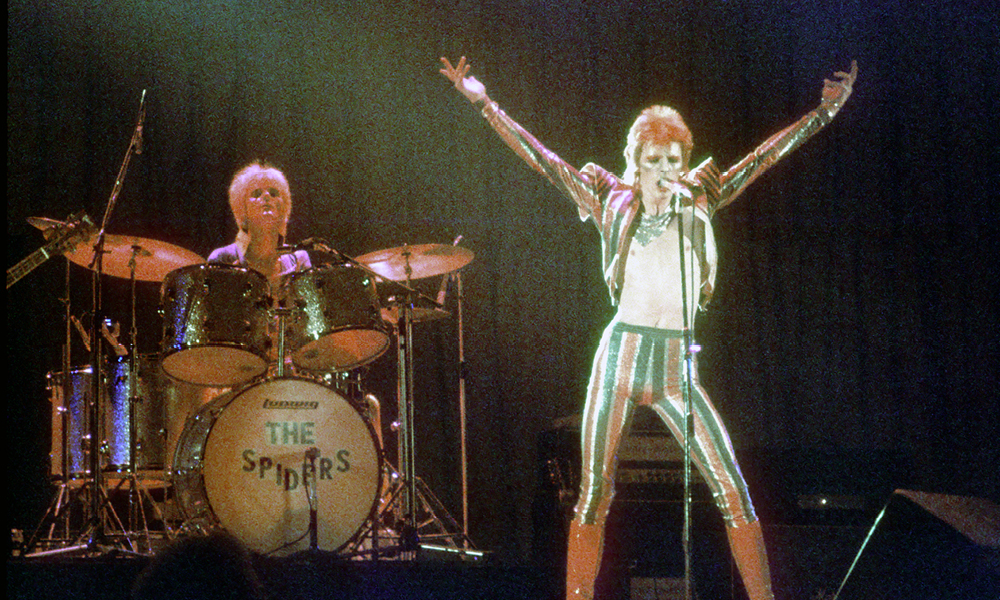



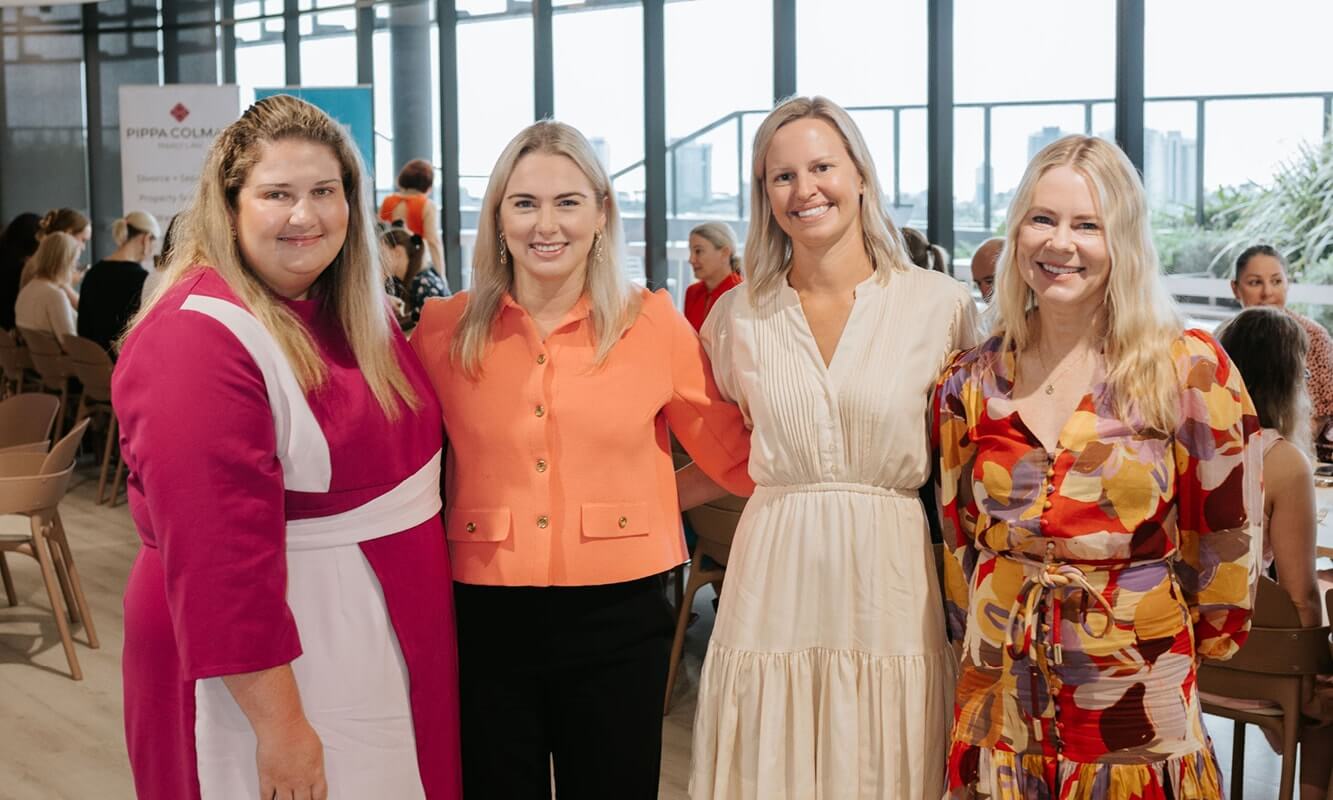


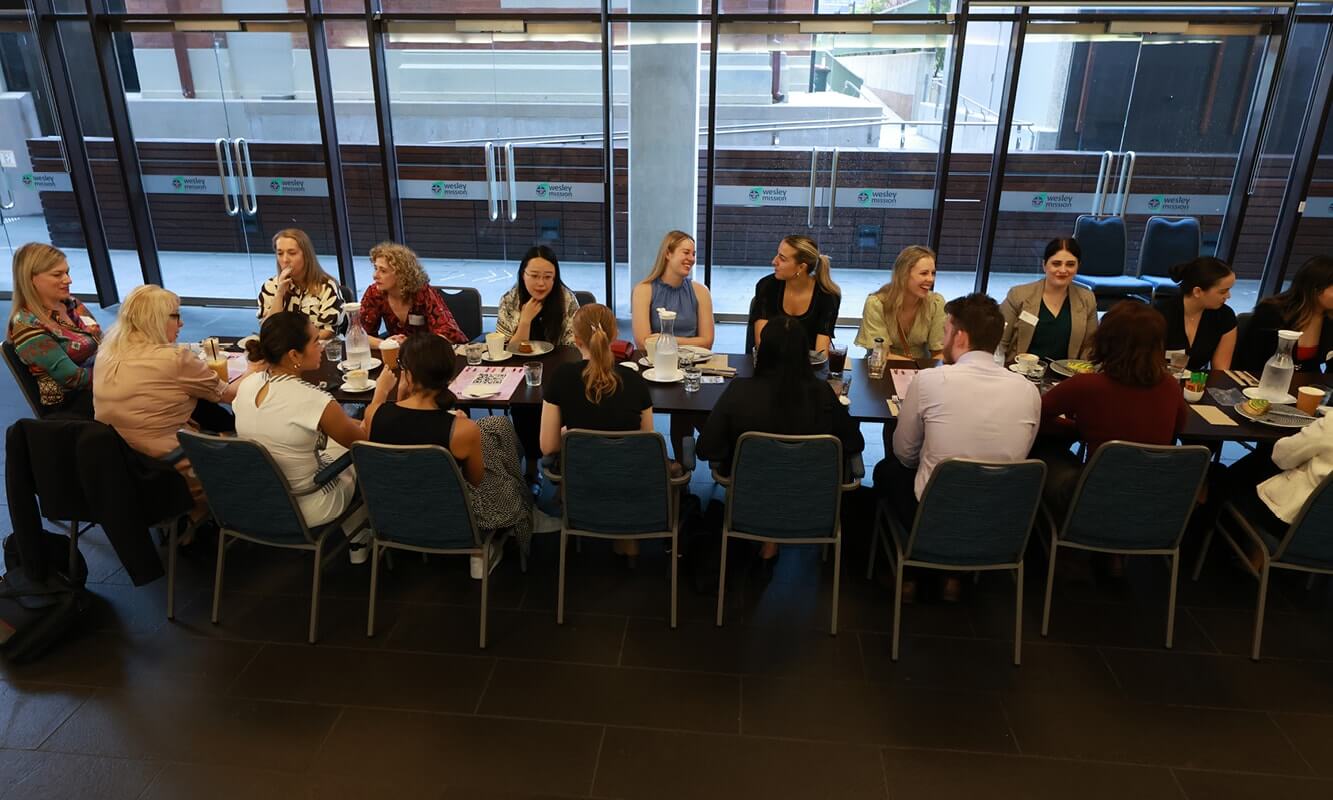
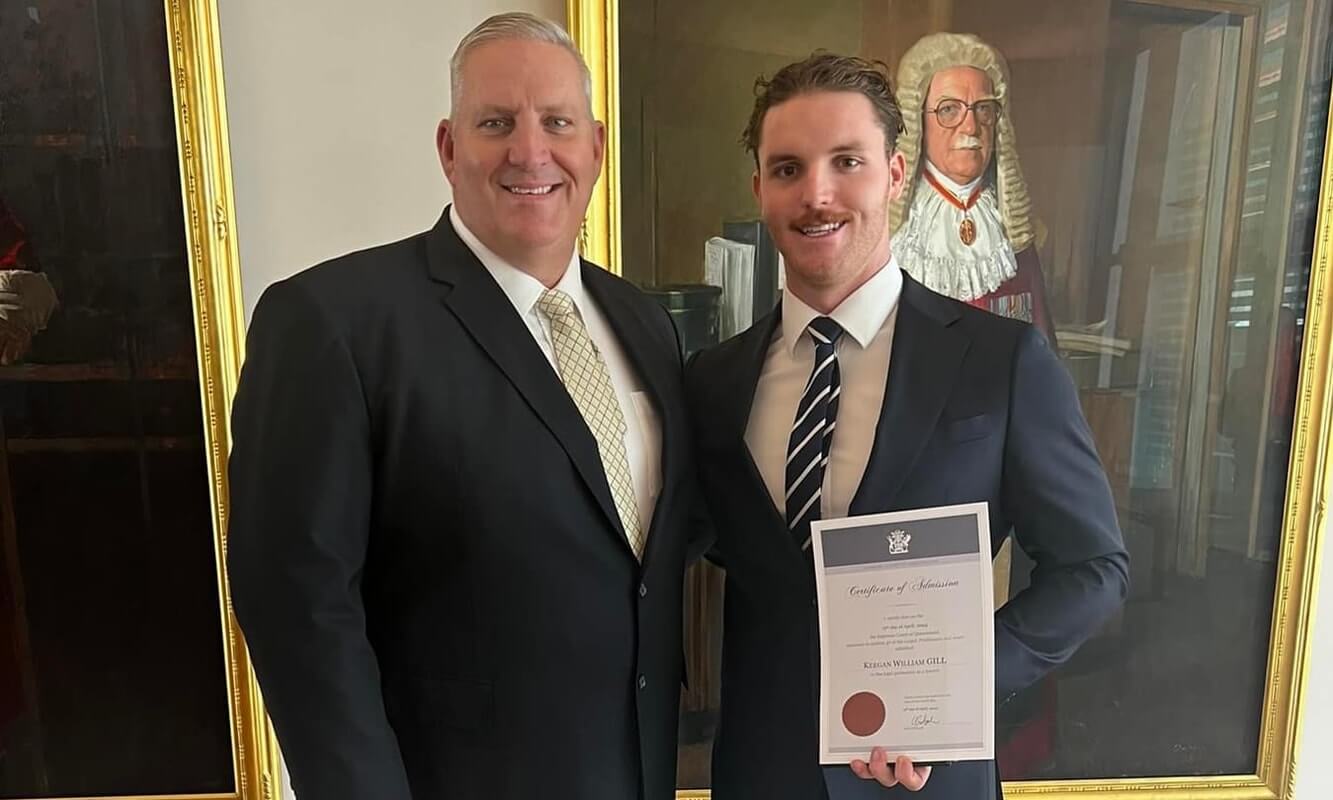
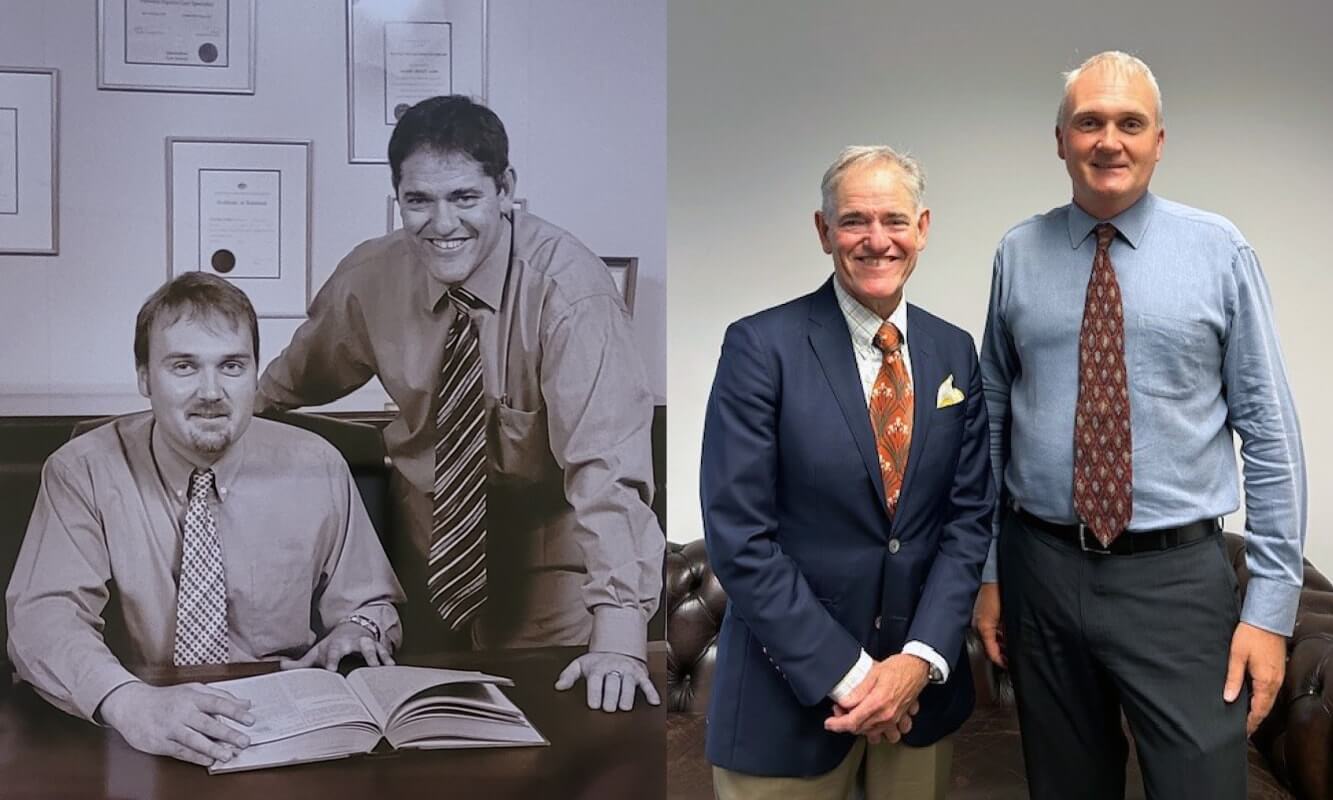

2 Responses
Great article, though I’m not sure I want to pivot into that suit…even if it were to jazz up a zoom meeting about estate oddities.😜
Loved this article Shane – so did the non lawyer Bowie fan in my house.